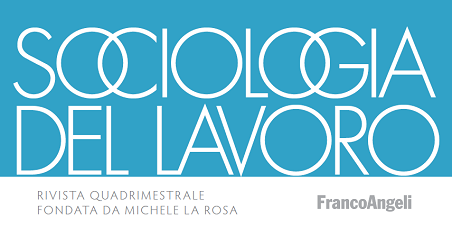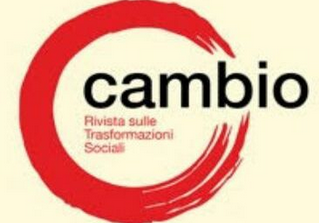Biblioteca della libertà just launched a call for papers for a special issue on “Food poverty and right to food: challenges, policies and practices”, edited by Ilaria Madama, Franca Maino, and Chiara Lodi Rizzini.
The special issue aims to discuss the developments, current state, and likely prospects of food poverty and right-to-food policies, approaching these topics from different perspectives. In particular, (but not limited to) we welcome paper proposals that provide a theoretically driven empirical analysis about:
– welfare policies addressing the challenges of severe deprivation, food poverty, and right-to-food, with a focus on local, national, supranational, and transnational level initiatives;
– how different welfare models are equipped to deal with the phenomenon of food poverty, severe deprivation, and marginalization;
– the connections between severe deprivation, food poverty, political participation and democracy;
– the conceptualization of severe deprivation and food poverty and their measurement.
The special issue aims to address these topics from an interdisciplinary and multidimensional perspective; therefore, we invite scholars working in different fields of inquiry. Contributions both in ITALIAN and in ENGLISH are welcome.
Deadline for abstract submission is June 30th, 2024. Decisions will be made within two weeks. Upon notification of acceptance, you will be invited to submit the full paper no later than September 15, 2024.
Paper proposals should be submitted following the instructions provided HERE. All material should also be submitted by sending an e-mail to: ilaria.madama@unimi.it; franca.maino@unimi.it, and chiara.lodirizzini@unimi.it.
HERE the full text of the call.







